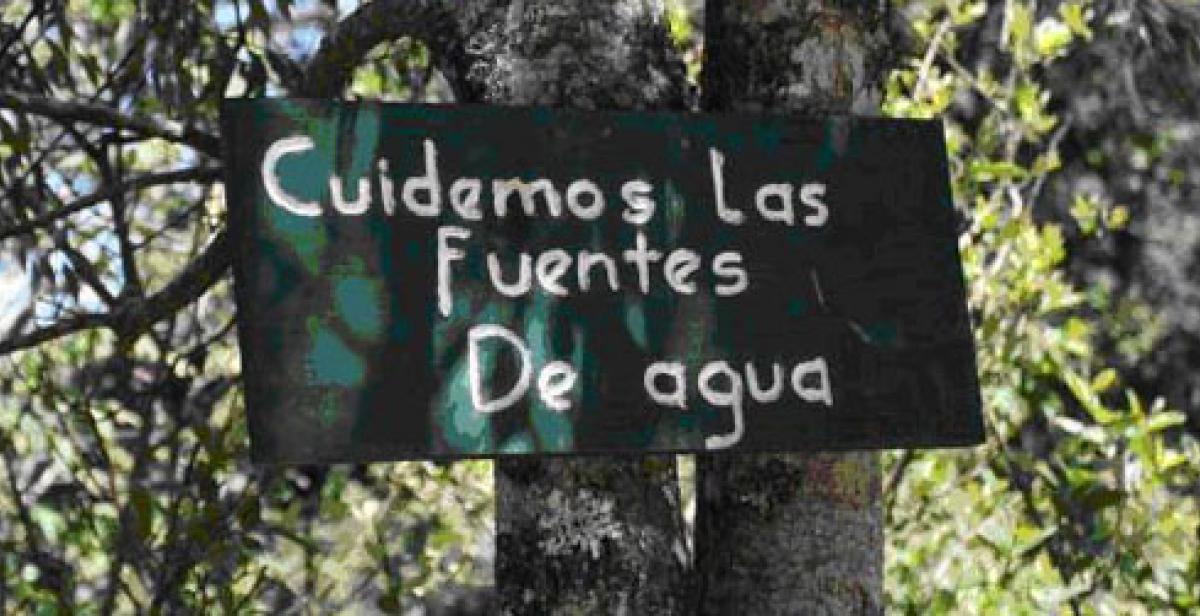Petra Kjell reflects on the importance of water and the daily struggle to find it.
Today is World Water Day. It’s celebrated around the world to remind ourselves of the importance of water.
I’ve heard many people in the poor communities where we work say, ‘water is life’, so what could be more appropriate than having a dedicated day to reflect on this fundamental resource and its vital role in our very existence?
And water is indeed life, but it is not always easy to come by, particularly for poor communities around the world. Getting into the shower or putting the kettle on to make tea seem like easy things to do when there is a steady and plentiful supply of water. More often than not we take water for granted.
But this is true for only part of the world. Millions of people throughout the world lack a safe and reliable water source within reasonable distance, something that is likely to become more common as the impacts of climate change get worse.
Climate change is having a particular impact on water – it makes it more difficult to predict when water will be available and how much there will be. Droughts and floods are likely to become more common, making life even more difficult for poor communities who often rely on water for both their lives and their livelihoods.
And there are other reasons why poor and vulnerable communities don’t have access to water. Some of these are quite tangible, like a lack of infrastructure for drinking water and for irrigation. But others are more complex like water contamination problems, lack of land ownership (and thus water sources), lack of political clout and the sheer expense of water in certain areas.
Women and water
Women often experience the impacts of water scarcity more than men since women are often in charge of the water supply for the house, be it for drinking, cooking or washing.
Believe it or not, more women than men are also farmers, so dealing with the watering needs of the farm are often in women’s hands. Increased water stress inevitably leads to increases in women’s workload, often involving children too, as they have to spend more time looking for water. This undermines people’s ability to get an education or paid work, and puts them at risk in unsafe areas.
Progressio’s water work
The challenges to sustainable and equitable access and management of water resources are many, and Progressio works on these issues with partner organisations in many poor communities.
We are also working to raise the profile of water issues on the international policy agenda, including in the climate change negotiations and by highlighting the impact of large scale food production on water resources.
What can we do on a more personal level? Well, a first step is to simply not take water for granted. By caring for our water sources and the natural environment that they support, we ultimately care for ourselves, too – that’s as true here in the UK as it is worldwide.
Photo: ‘Take care of the water sources’. Sign from La Esperanza, Honduras. Credit: Petra Kjell/ Progressio
Petra Kjell is Progressio's Environment Policy and Advocacy Officer



